My 2020 Year Reading Lists
One the last day of 2020, I’d like to share a portion of my annual reading list of favorites, along with a short piece of review for each the books. I hope the people can find the peacefulness when reading books.
Can’t Hurt Me
The book was recommended to me in kindle. A timely book to read, as the world is probably at the lowest point in a century.
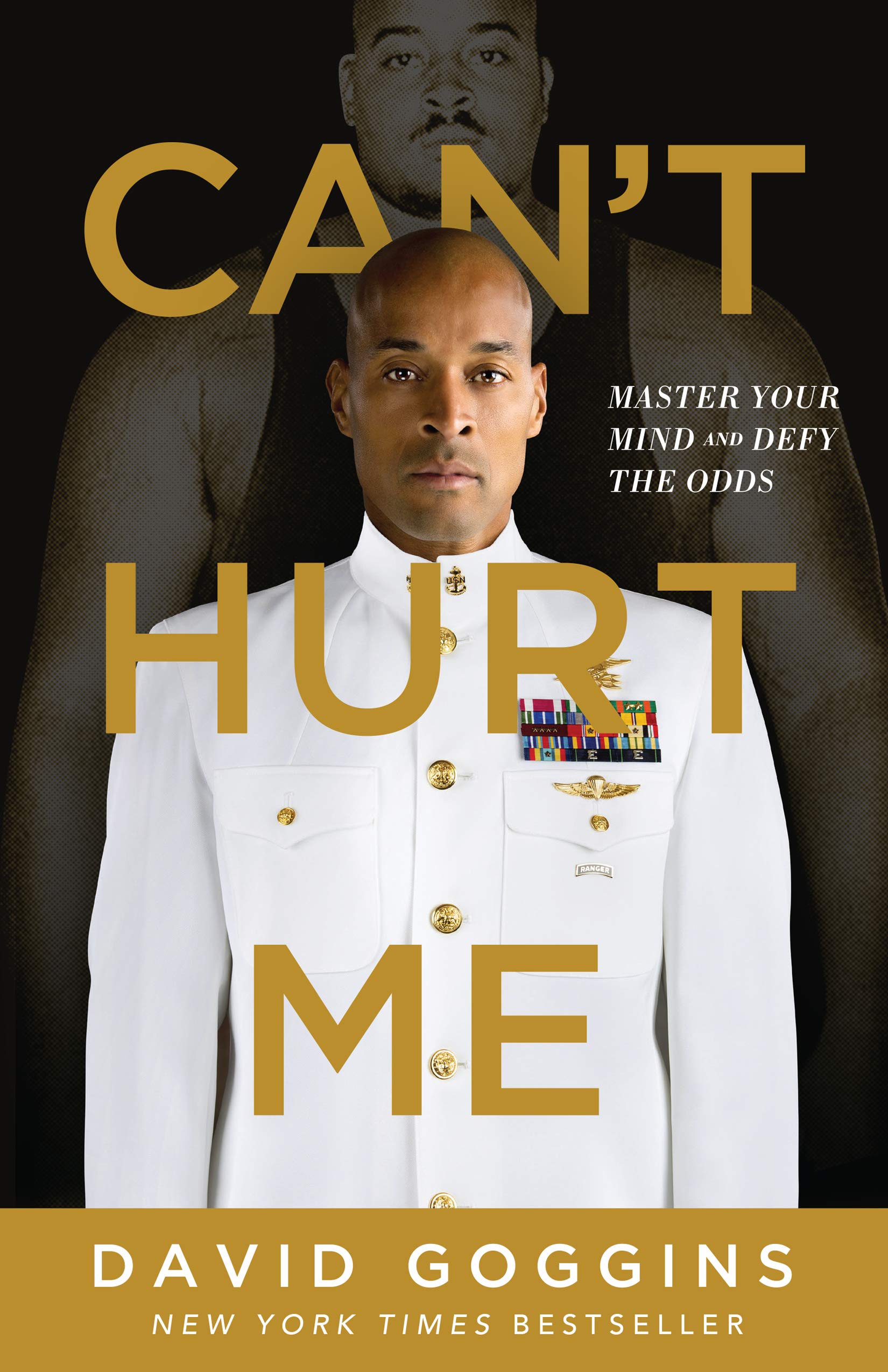
You are in danger of living a life so comfortable and soft, that you will die without ever realizing your true potential.
This is probably the most inspiring book I read this year, written by David Goggins, a former Navy SEAL member, a ultramarathon runner, and a once loser.
As a memoir, David described his 20-year experience as an aboslute loser and how he transformed himself to aim to success. In addition to emotional motivating, this book also provides tips on helping regulate yourself. In each chapter, David challenges the readers to improve on one aspect. By reading through this book, the readers would not only go through the life of David Goggins but also learn the tactics he used to improve himself. It is the first time that I wish a book is thicker so that I can enjoy reading it for a longer time.
Only the paranoid survive.
Thinking in Bets
I came across this book from a Blind post named “I’m a D2, AMA”, posted by a senior director of Facebook in 2019.
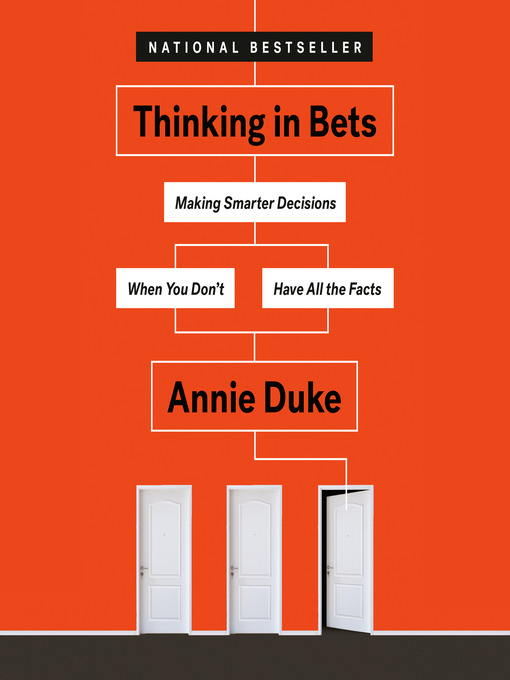
When you are facing complex problems, they are no longer as easy as black-or-white questions. In most of such cases, you have do make decisions or take actions based on the incomplete information.
A really great book that clearly conveys some useful perspectives of thought process:
-
Estimating the distribution of the possible outcomes. When there are uncertainty, it simply impossible to make deterministic prediction about the outcome. A more realistic strategy is to estimate the distribution and make decisions based on that. This philosophy is exactly how modern artificial intelligence (more specifically, reinforcement learning) systems work.
-
Decouple the quality of decision making and the outcome. In an uncertain world, it is not uncommon that one get a bad result with good decision making, or one get a good result with a bad decision making. Don’t be blinded by the outcomes and don’t forget to have a retrospect to understand the influence of decision making on the outcomes.
-
Embrace diversity when making decisions and avoid confirmation bias. Listen to the perspective of another side can help find the blind spots the current planning.
-
Conduct backcasting (assume success and then think about what makes it succeeds) and pre-morten (assume failure and then think about what makes it fails) could be useful to dive into the detailed action items or potential preventions of the failure.
The Ride of a Lifetime
This book was recommended by my manager.
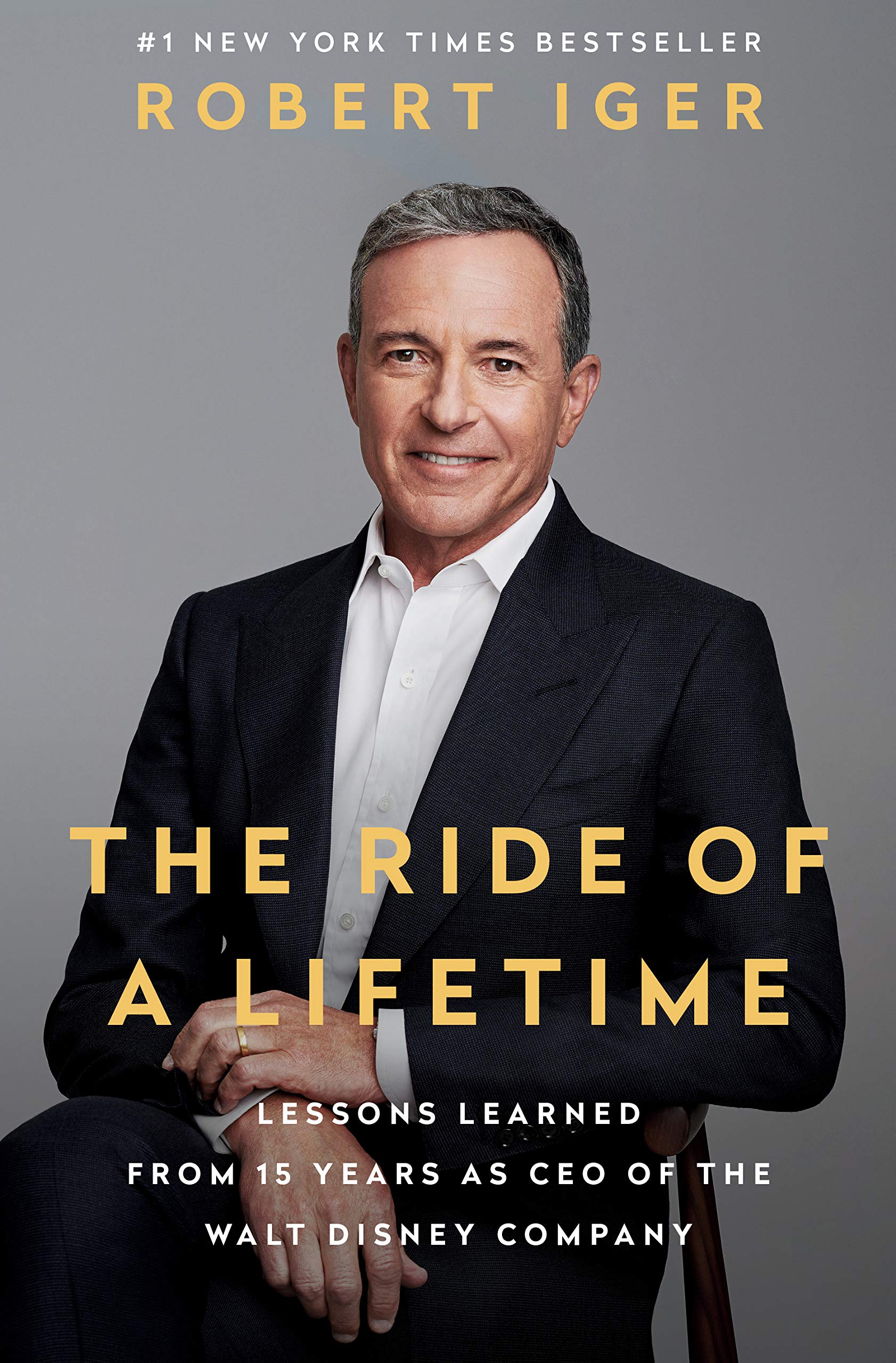
No matter who we become or what we accomplish, we still feel that we’re essentially the kid we were at some simpler time long ago. Somehow that’s the trick of leadership, too, I think, to hold on to that awareness of yourself even as the world tells you how powerful and important you are. The moment you start to believe it all too much, the moment you look yourself in the mirror and see a title emblazoned on your forehead, you’ve lost your way. That may be the hardest but also the most necessary lesson to keep in mind, that wherever you are along the path, you’re the same person you’ve always been.
A memoir written by Disney CEO Bob Iger. Bob is not an old-school executive that focus on company’s stability. Instead, he is a risky seeking person that made multiple bold moves during his career, including the acquire of Pixar, Lucas film, Marvel, and the launching and consolidation of Disney streaming services Disney+/Hulu/ESPN.
Based on his 40+ year career, Bob summarized 10 merits that a true leader should have. Each of the merits is explained with a few real scenarios that he encountered during his career. His principles of true leadership are listed as follows:
- Optimism
- Courage
- Focus
- Decisiveness
- Curiosity
- Fairness
- Thoughtfulness
- Authenticity
- The relentless pursuit of perfection
- Integrity
The Effective Engineer
I came across this book in a reading list I found online that I cannot recall the exact source. A good book for new engineers.
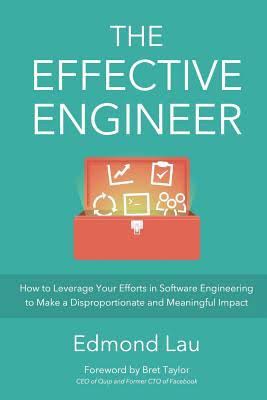
Time is our most finite asset, and “leverage” - the value we produce per unit time - allows us to direct our time toward what matters most.
This is a book written by an engineer and for the engineers, but it has nothing to do with the technical skills. It is a book discussing the strategy of increasing engineers’ “leverage” from various aspects, including: planning, measuring, onboarding, automation, debriefing, etc. This strategy can be actually applied beyond engineering and to problem solving in general.
Many of what’s written in this book should be something you had experienced if you were a senior engineer, but they are still good organized advices for experienced engineers for the retrospective purpose.
The Manager’s Path: A Guide for Tech Leaders Navigating Growth and Change
A book was recommended by my manager in 2019, and I finally finished it in 2020.
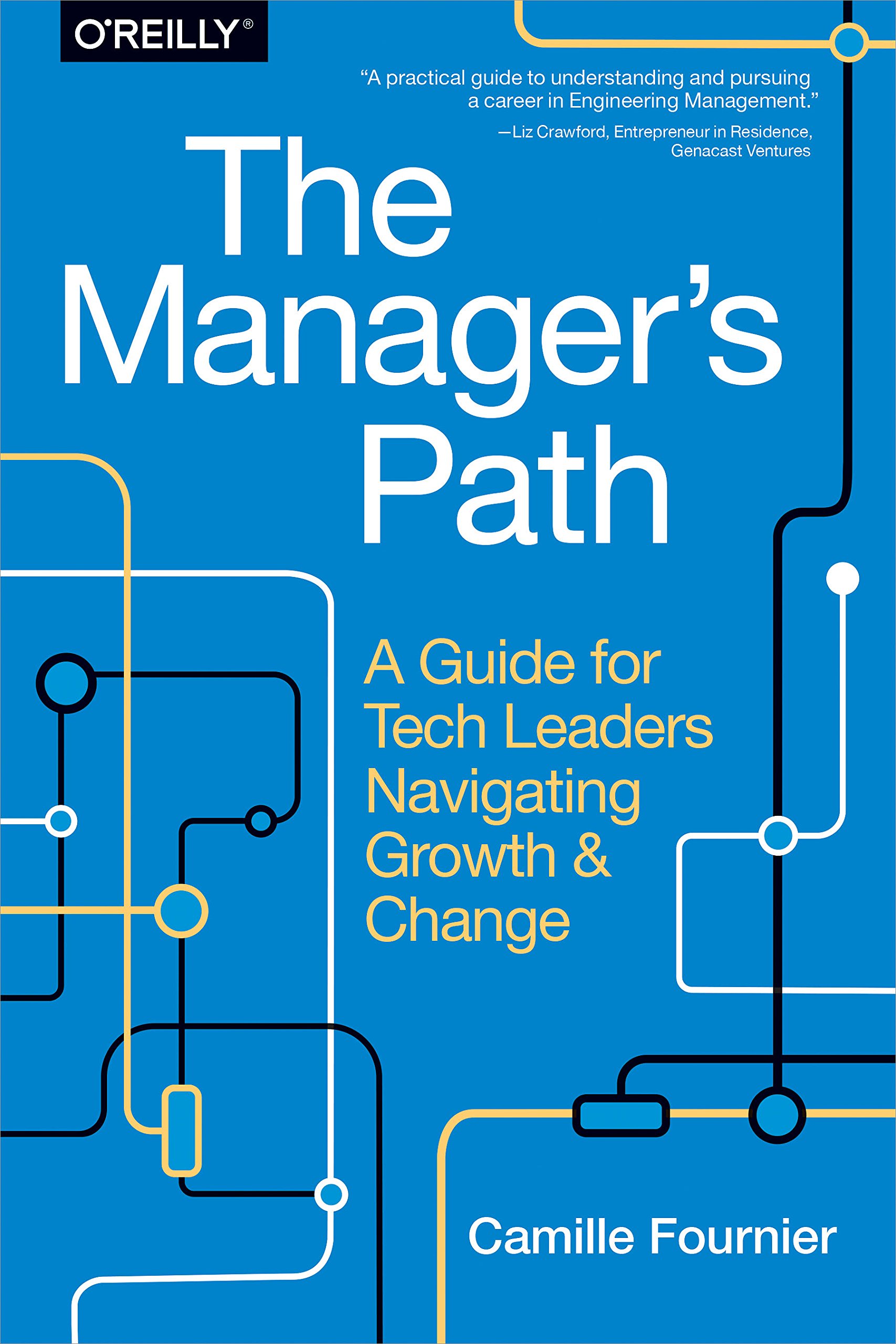
Be able to manage yourself if you want to be good at managing others. Get good at taking your ego out of the conversation. Find a clear view of a complex situation. See past your interpretations and the stories you’re telling yourself. If you want to be able to tell people hard things and have them hear what you have to say, you must be able to tell them without embellishing the facts with your storyline.
It’s a long journey and a non-stop learning process along the leadership career. Leadership is an art, but it doesn’t mean there isn’t any pattern. From mentor to senior leadership, there is a tremendous amount of new skills to learn in order to be capable of the role at each stage. Luckily, we have experienced leaders to share their experiences and enable us to take less detour during our journey.
Leadership skills are not just for managers, they are also mandetory skills for senior individual contributos. This book provides great tactics and strategies by walking through the leadership skills needed along the career step-by-step, from mentor, to tech lead, to manager of a team, to manager of multiple teams, to manager of managers, and finally to the VP/CTO land.
Big Debt Crises
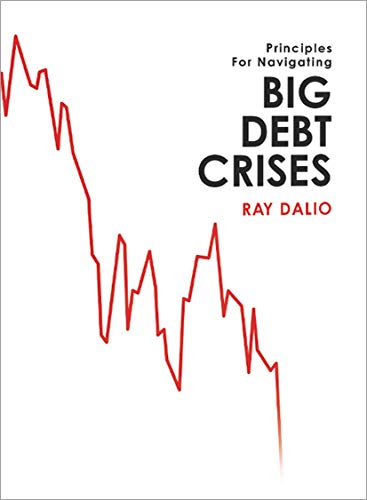
The history is repeating itself. If you cannot find any patterns of the ongoing event, you are just not looking back the history long enough.
This is more like a history book, describing the history of the world’s economy over the past 200 years.
Every crisis is also an opporunity.
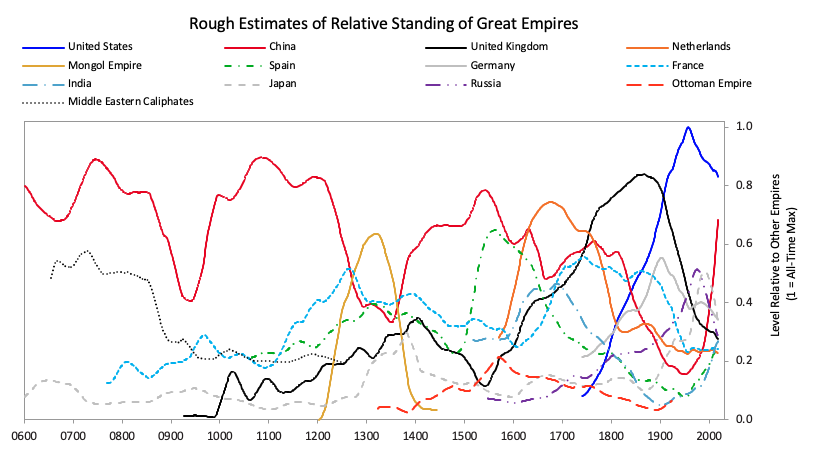
Last but not least
尽信书,不如无书。 -孟子·尽心下

Leave a comment